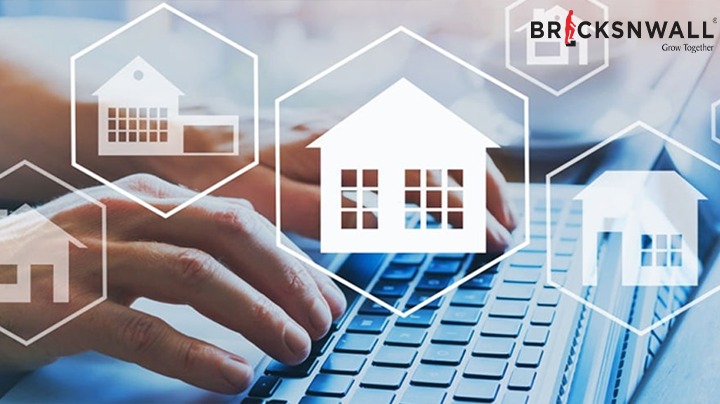RPA in Real Estate & Property Management
Koheli

"Robotic
Process Automation," a technique utilized in the real estate sector to
automate repetitive processes, goes by RPA. Functions like document management,
data input, and customer service can all be made more efficient with its help.
Additionally, it can be used to automate difficult operations like contract
administration, property management, and loan processing. Costs may be cut,
accuracy can be increased, and productivity can be raised via RPA.
RPA
in real estate and managing property
RPA is a
technique that uses software bots to automate routine, rule-based processes in
various industries, including real estate and property management. This article
will discuss RPA's uses in real estate and property
management, including how it may boost productivity and cut expenses.
Property
Administration
Property
management is a challenging procedure that includes many duties, like managing
leases, collecting rent, maintaining properties, and making repairs. Many of
these duties can be automated with RPA, allowing property managers to
concentrate on more important jobs requiring human involvement.
The capacity
of RPA to handle repeated chores in property management is one of its most
important benefits. For instance, rent collection, invoice generation, and
tenant reminders are all tasks that can be automated using bots. Additionally,
they can produce reports on vacancies, unpaid rent, and maintenance requests,
giving property managers the real-time information they need to make wise
choices.
Real
estate sales
RPA can also
aid the sales process for real estate deals. Bots can be programmed to gather
information from various sources, including websites, social media networks,
and real estate listing websites. The identification of potential customers, analysis
of their purchasing patterns, and creation of tailored suggestions can all be
made using this data.
The
documentation process can be laborious and error-prone and can also be
automated using bots. For instance, bots can extract information from contracts,
agreements, and other documents, updating the pertinent entries in the database
as they go. This saves time, lowers the possibility of mistakes, and guarantees
that all documents are current.
Property
valuation
Analyzing
different factors, including location, property type, and market trends, is
crucial to property valuation in the real estate industry. Several of the
operations involved in property appraisal, including data gathering, analysis,
and report creation, can be automated using RPA.
Bots can be
trained to extract information from various sources, including property listing
websites, real estate databases, and market studies. Machine learning
algorithms can then analyze this data to find patterns and trends. To help real
estate professionals to make wise judgements, bots can also produce reports on
property values, rental yields, and capital gains.
Lease
Administration
Another
crucial area of real estate and property management that might gain from RPA is
lease administration. By automating the lease renewal procedure, bots can
ensure that all paperwork is current and that renters are informed on time.
Moreover,
leasing agreements can be generated by bots and modified to the tenant's
needs. This saves time, lowers the chance of mistakes, and guarantees that all
contracts adhere to local laws and regulations.
Conclusion
By automating repetitive operations and giving real estate workers access to real-time data and insights, RPA has the potential to transform the real estate and property management industries completely. Real estate businesses can increase productivity, cut expenses, and give their clients better service by deploying RPA. We may anticipate seeing more cutting-edge RPA applications in the real estate sector as technology advances.




